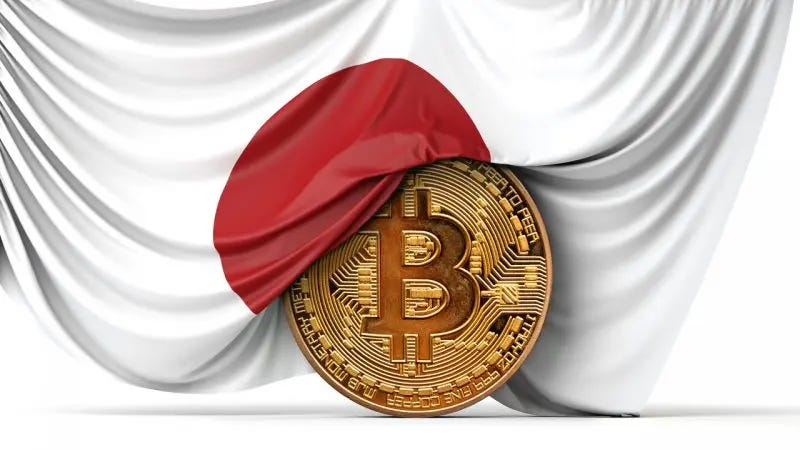Podcast Summary
This podcast features a discussion with Francesco Biviano, co-founder of Arcton, a marketplace that connects investors with companies seeking to raise capital. The conversation delves into the concept of tokenizing company equity, the benefits it offers, and the regulatory framework provided by the Swiss government’s DLT Act. The podcast also explores the challenges of attracting high-quality companies to the platform and the importance of due diligence in evaluating potential deals.
Key Takeaways
Arcton’s Unique Approach to Crowdfunding
- Revolutionizing Crowdfunding: Arcton aims to address the liquidity issue in crowdfunding by tokenizing the shares investors receive, allowing them to be traded on a liquidity pool on-chain immediately after the IPO. This differentiates Arcton from traditional crowdfunding platforms by offering tokenized shares of real companies run by real people within a regulated environment.
- Regulatory Framework: Arcton operates within the regulatory framework provided by the Swiss government’s DLT Act, which allows for the tokenization of assets and provides legal rights and protections for investors. This framework is considered one of the most advanced and clear for tokenization.
Tokenization and Liquidity
- Tokenization Benefits: Tokenized shares provide a liquid market for private market investments, allowing investors to easily determine the value of their investments and trade them on platforms like Camelot. Arcton’s liquidity pool is seeded with a portion of the tokens created, along with a percentage of the raised funds, enhancing liquidity and facilitating trading on the platform.
- Investor Incentives: Users can choose to hold their shares and trade them or participate as liquidity providers (LPs) to earn rewards and enhance liquidity. The first deal on Arcton’s platform is live and closes on November 11th, with a pre-registration phase currently ongoing.
Transparency and Disclosure
- Disclosure Requirements: The podcast discusses the reporting and disclosure requirements for companies participating in the marketplace, highlighting the need for regular updates and transparency. While the government cannot enforce disclosures for privately traded companies, the marketplace encourages companies to provide regular updates and information to investors.
- Marketplace Incentives: The hosts argue that the marketplace model incentivizes companies to go above and beyond in terms of disclosures due to the presence of a live market and investor scrutiny. The podcast highlights the importance of liquidity for startups and the potential for increased investment if there is a robust secondary market.
Arcton’s Business Model and Future Plans
- Revenue Generation: Arcton currently takes a 5% fee on the amount of funds raised by companies. They plan to set up a legal system to tokenize European startup shares on Swiss law, allowing them to generate revenue through success fees, management fees, and carried interest. Arcton aims to set up its own DEX (decentralized exchange) in the future, potentially moving away from Camelot or forming a partnership.
- Future IPOs: Arcton plans to do its own startup IPO after the successful IPO of Money Master. The company is funding the discount on shares to incentivize investors. The two challenges for Arcton are setting up the infrastructure and regulatory framework and attracting good deal flow to the platform.
Attracting High-Quality Companies and Due Diligence
- Attracting Startups: The guest mentions that startups are interested in tokenization because it allows them to include their community and offers faster fundraising rounds with more favorable terms compared to traditional VC funding. The guest highlights the importance of their network in attracting high-quality startups and mentions that they primarily focus on B2C startups.
- Due Diligence: The guest explains that they rely on their partner, Ten, who has extensive experience in the industry, to conduct due diligence on the deals. They also conduct their own due diligence, including legal checks and financial analysis, and hope to expand their evaluation process by involving skilled community members who can contribute to the assessment.
Sentiment Analysis
- Bullish: The podcast expresses a bullish sentiment towards Arcton’s unique approach to crowdfunding and the potential benefits of tokenizing company equity. The hosts are optimistic about the regulatory framework provided by the Swiss government’s DLT Act and the potential for increased investment in startups due to the availability of liquidity.
- Neutral: The hosts maintain a neutral stance on the challenges faced by Arcton in attracting high-quality companies to the platform and the importance of due diligence in evaluating potential deals. They acknowledge the effort put into navigating regulatory challenges and merging the real world with the on-chain world but express curiosity about how the liquidity pool will function and when trading activity will start.











